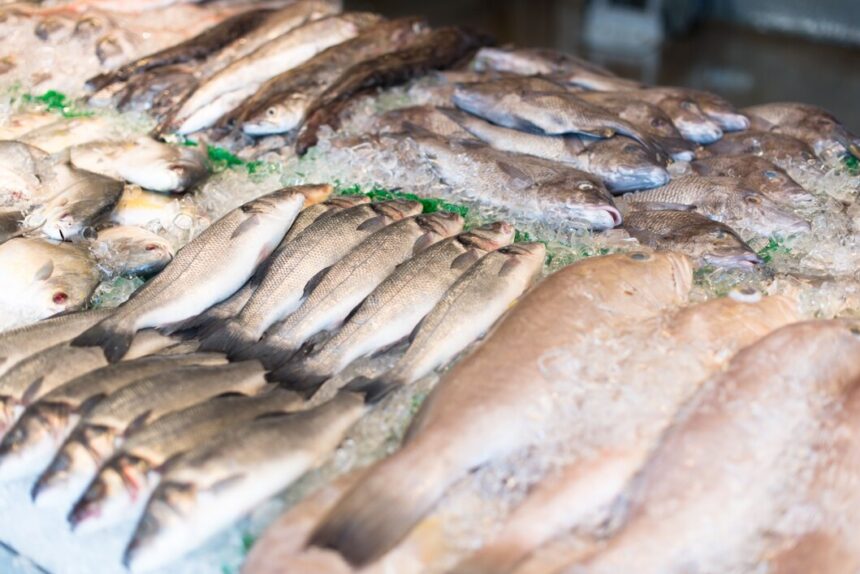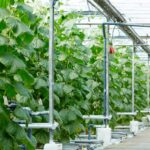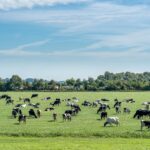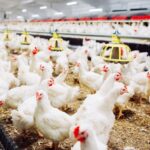Aquaculture, or fish farming, plays a vital role in South Africa’s economy by contributing to food security, creating jobs, and generating income. Despite its potential, the sector faces challenges that hinder its growth and sustainability. Here are ten strategies to enhance aquaculture farming in South Africa:
Improving Water Quality Management
- Maintaining optimal water quality is crucial for the health and growth of aquaculture species. Farmers should regularly monitor parameters like pH, temperature, oxygen levels, and salinity. Using water filtration systems and aerators can help maintain the required water quality, reducing the risk of disease and improving fish yields.
Diversifying Species
- Diversifying the species farmed can reduce market risks and increase resilience against diseases. Introducing new, high-value species such as tilapia, trout, or abalone, alongside traditional species, can open up new markets and opportunities for farmers.
Adopting Recirculating Aquaculture Systems (RAS)
- Recirculating Aquaculture Systems are closed-loop systems that reuse water, significantly reducing water consumption and environmental impact. RAS allows for better control over the farming environment, leading to higher productivity and lower disease rates.
Enhancing Feed Quality
- High-quality, nutritionally balanced feed is essential for the growth and health of farmed species. Investing in research to develop cost-effective, locally produced feed that meets the dietary needs of different species can improve growth rates and overall farm profitability.
Implementing Sustainable Practices
- Sustainable aquaculture practices, such as integrated multi-trophic aquaculture (IMTA), where different species are farmed together to mimic natural ecosystems, can enhance productivity and reduce environmental impacts. Emphasizing sustainable practices helps maintain ecological balance and promotes long-term industry viability.
Strengthening Biosecurity Measures
- Biosecurity is crucial for preventing the spread of diseases and parasites. Implementing strict biosecurity protocols, including regular health checks, quarantine procedures for new stock, and proper sanitation of equipment and facilities, can reduce disease outbreaks and improve overall farm health.
Access to Financing and Investment
- Access to financial resources is critical for the expansion and modernization of aquaculture farms. Government and private sector initiatives to provide low-interest loans, grants, and investment opportunities can help farmers upgrade their infrastructure, adopt new technologies, and scale their operations.
Training and Education
- Continuous training and education for farmers on best practices, new technologies, and market trends are essential for the sector’s growth. Establishing training programs, workshops, and extension services can equip farmers with the knowledge and skills needed to improve their operations and adapt to changing conditions.
Market Development and Value Addition
- Developing domestic and international markets for aquaculture products can boost demand and profitability. Value addition, such as processing, packaging, and branding, can increase the market value of products and open up new revenue streams for farmers.
Research and Innovation
- Investing in research and development is key to advancing the aquaculture sector. Collaboration between government, academic institutions, and the private sector can drive innovation in areas such as breeding programs, disease control, and environmental management. Promoting research can lead to the development of new technologies and practices that enhance productivity and sustainability.
By implementing these strategies, South African aquaculture farmers can overcome challenges, increase productivity, and contribute to the sector’s growth and sustainability. Embracing innovation, sustainability, and education will ensure that aquaculture continues to play a vital role in the country’s food security and economic development.
Join 'Farmers Mag' WhatsApp Channel
Get the latest Farming news and tips delivered straight to your WhatsApp
CLICK HERE TO JOIN






